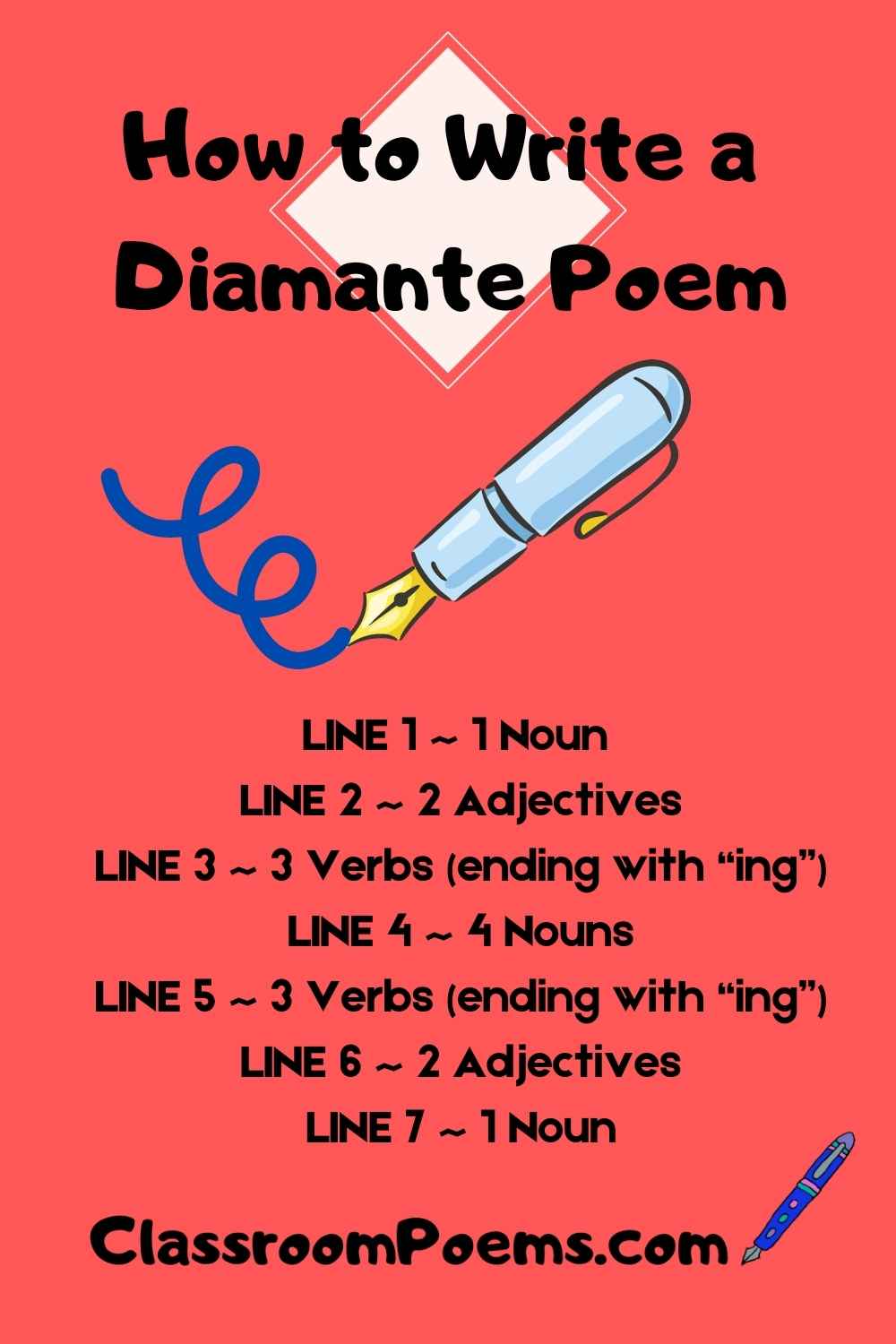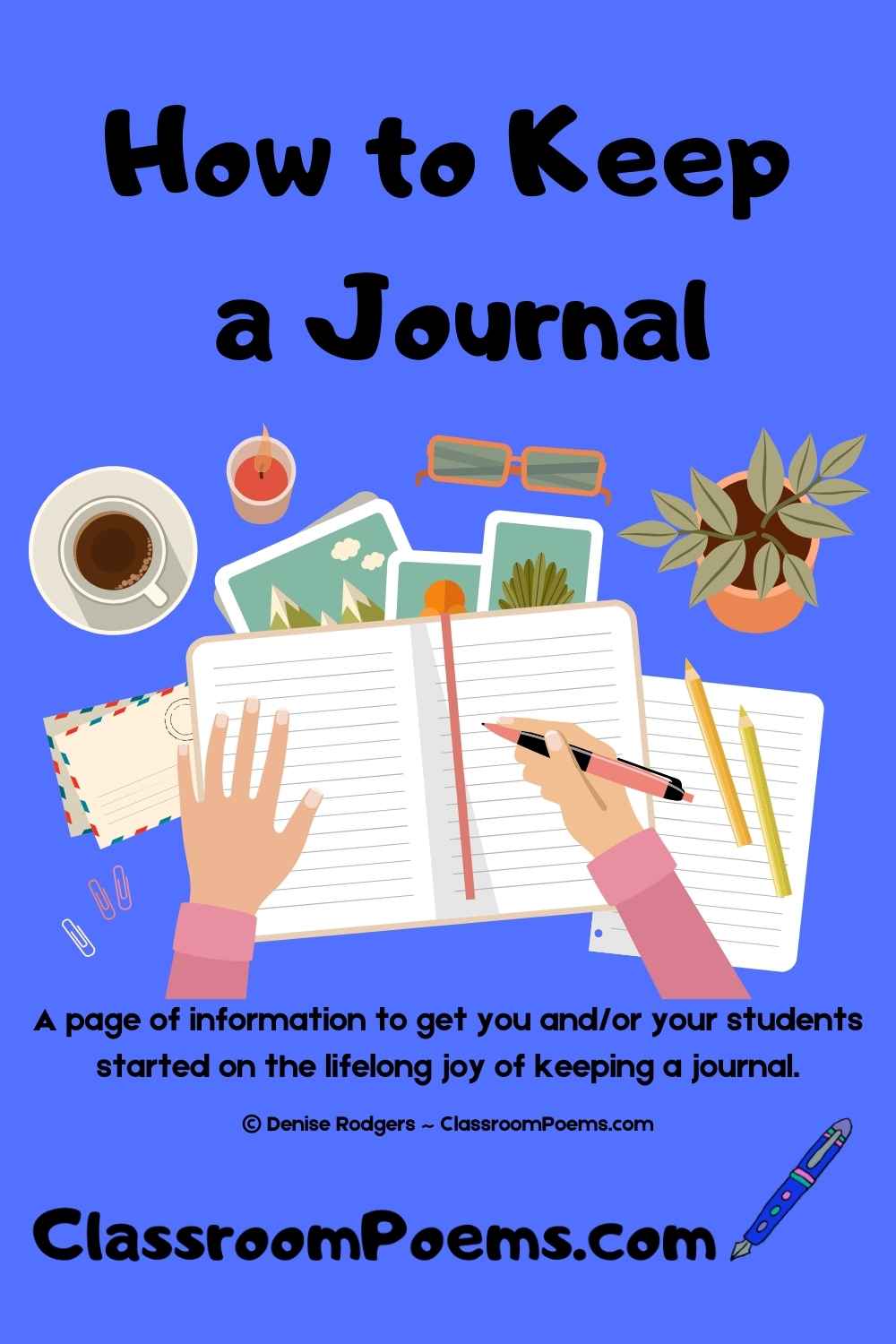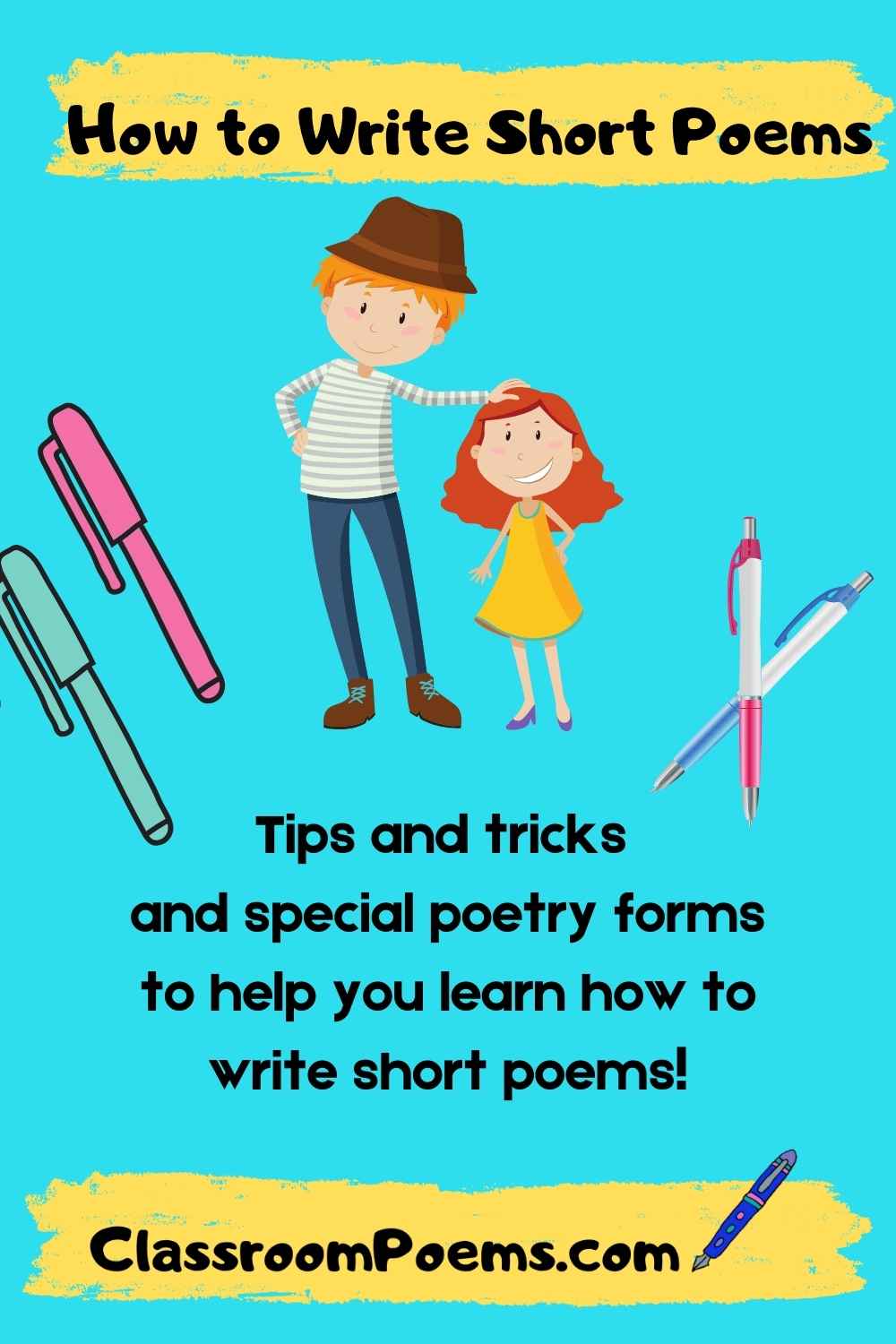How to Write Free Verse
If you want to learn how to write free verse, you might be surprised to find that the instructions are a bit more complicated than those for writing with rhythm and rhyme. Browse through this website and you'll see that for the most part I write rhyming verse. That is how I'm wired, I suppose. But I do have a method for writing free verse that I'm happy to share with you.
How to Write Free Verse:
Use Poetic
Devices
While free verse, as its name would suggest, does not adhere to a strict rhythm or form, it can and should make use of other poetic devices. These devices can include:
Internal Rhyme
(Internal rhyme are rhymes
within a given line of poetry)
End Rhyme
(End rhyme is the poetic device of using
rhymed words at the end of two our more lines of poetry.)
It’s best if you make yourself aware of these poetic devices and then forget all about them while writing. Does that sound like strange or contradictory advice? It might. But it’s best to let the words flow when writing (which is why I advise warming up by writing in your journal). After you have your first draft, then it is time to bring out your analytical mind and start editing.
How to Write Free Verse:
Write a
Descriptive Paragraph
Let’s get started. Write a descriptive paragraph. Write about something that matters to you, something you care about. Something that inspires you, makes you happy, makes you sad, or angry, relieved or even confused. This might require a bit of time for thought and reflection. Once you know what you’re going to write about, simply write a paragraph that includes how you feel about your topic. For my example, I’ve chosen to write about a pen, as I have strong feelings about pens!
THE PERFECT PEN
The perfect pen glides across the page, telling stories, writing poems, and making me feel wonderful, like I have something to say that people want to hear. That somehow my words will reach out to others and make them feel something. Something better. So, I am always in search of the perfect pen.
How to Write Free Verse:
The First Edit
Now it is time to work with the editing side of your brain. Look at the paragraph and start to mentally divide it into a poem. This is a fun first step, but by no means will you be done with your free verse poem when finishing this step. It is just a beginning.
I’ve put a forward slash mark everywhere in the poem where a sentence needs to be broken into a line of poetry.
THE PERFECT PEN
The perfect pen/ glides across the
page, /telling stories, /writing poems, and /making me feel wonderful, /like I
have something to say that people want to hear. /That somehow my words will
reach out/ to others and make them feel something. /Something better. /So, I am
always in search /of the perfect pen.
Let’s see how this looks when the lines are written as edited (so far) on the printed page:
THE PERFECT PEN
The perfect pen
glides across the page,
telling stories,
writing poems, and
making me feel wonderful,
like I have something to say that
people want to hear.
That somehow my words will reach
out
to others and make them feel
something.
Something better.
So, I am always in search
of the perfect pen.
How to Write Free Verse:
Edit #2
It’s looking better, more like a
poem at least. But now it’s time to polish it up, remove some words and
punctuation, add some words, change some words, and see what happens. For the purpose of this lesson, deleted words will have a line through them, and added words will be underlined.
THE PERFECT PEN
The perfect pen
glides across the page,
telling stories,
writing poems, and
making me feel wonderful,like I have something to saythat Something people want need to hear.
That somehow my words will reach
outto others and make them feel
something.
Something better.So, I am always in
search
of the perfect pen.
How to Write Free Verse:
Edit #3
Now it’s time to look at our twice edited poem and remember our poetic devices. Don’t pick the device and shove it into your poem. Listen to your poem and hear where one of the devices might polish your poem and make it shine. Once again, here is the poem, edited once again. Keep in mind that a strike-out is a word removed, and an underline is a word added.
THE PERFECT PEN
The perfect pen
glides guilelessly across the page,
telling sad or silly stories,
writing pleasant poems
making me feel
I have something to say
Something people want need to hear.
That somehow my words will reach out,
not preach out
make them feel
Something better.
I am always in silent search
of the perfect pen.
How to Write Free Verse:
The Final Edit
In this edit, I’ve added alliteration and repetition. Alliteration makes sense as the very title of the poem, “Perfect Pen,” is alliterative. The rhyme I’ve added also gives the poem some repetition. The pen would “glide guilelessly” across the page.” Guilelessly basically means “honestly.” I’ve added “not preach out” after “my words will reach out.” I hope you agree that these additions do not simply tack on poetic devices, but that they add to the wholeness of the poem. The thought is that my “perfect pen” will reach out and get my message to the reader without “preaching out,” which might seem more of a directive than an offering.
Here is the (so far) final draft of “The Perfect Pen.” It is a long way from the original paragraph. Read the original paragraph here and follow up with the final draft of the poem.
Here is the original descriptive paragraph:
THE PERFECT PEN
The perfect pen glides across the
page, telling stories, writing poems, and making me feel wonderful, like I have
something to say that people want to hear. That somehow my words will reach out
to others and make them feel something. Something better. So, I am always in
search of the perfect pen.
Here is the final draft of the free verse poem:
THE PERFECT PEN
The perfect pen
glides guilelessly across
the page
telling sad or silly stories
writing pleasant poems
making me feel
I have something to say.
Something people need to hear.
That somehow my words will reach
out
not preach out.
Make them feel something.
Something better.
I am in silent search
of the perfect pen.
How to Write Free Verse:
Conclusion
I’m pretty happy with the final draft of this poem, but that’s just me. You might not like some of the changes, and that’s okay. There is probably nothing more subjective than the writing of free verse poetry. But if you’ve been stuck, try this method. Write your paragraph, putting in all the description and feeling that you have. Start to break down the paragraph into lines of poetry. Add words, remove words (and unnecessary punctuation), and then read carefully and see how you can enhance your poem with poetic devices. If you are happy with your results and would like to share them on this website, go to Publish Your Poem Here. I’d love to hear from you and read your work!









